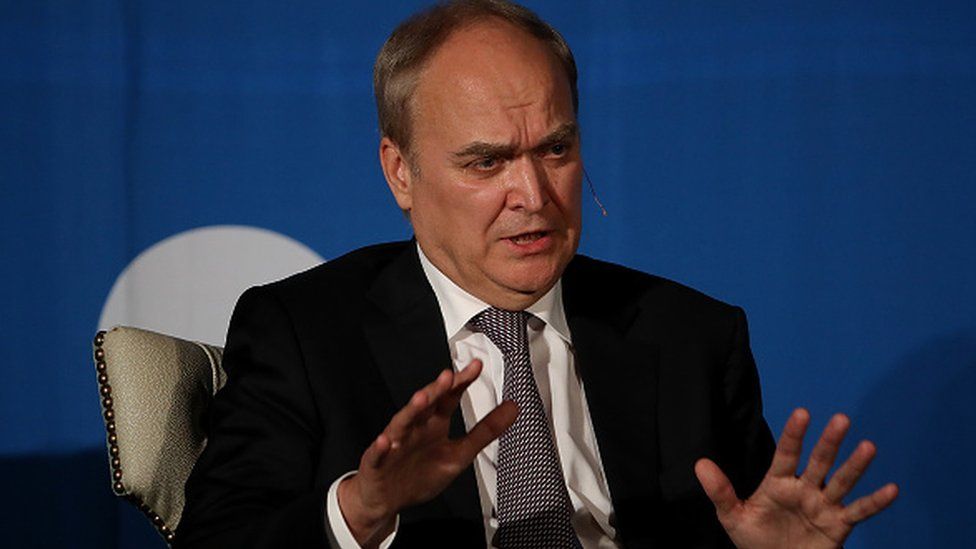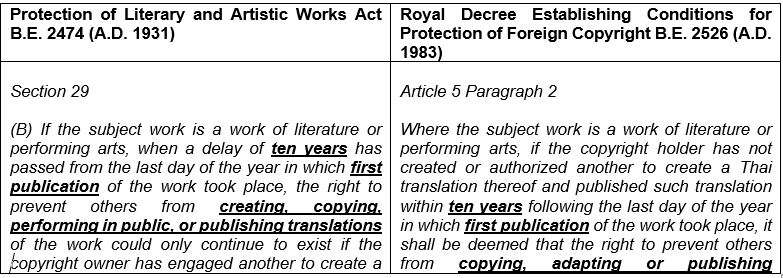Viewpoint by Azu Ishiekwene
The writer is the Managing Director/Editor-in-Chief of The Interview magazine based in Abuja, Nigeria.
ABUJA (IDN) — Last week, Nigeria’s National Security Adviser, Mohammed Babagana Monguno, stripped the government bare in public only to try hiding the ugly sight with fig leaves shortly after. The pathetic damage control didn’t work. Monguno, a retired major general, told the BBC Hausa Service in an interview that billions of naira voted by Buhari’s government to fight insurgency could not be accounted for.
Stopping short of naming names, Monguno pointed a finger at the last service chiefs who after overstaying their tenure as insecurity worsened, still earned promotion as ambassadors. They now join the ranks of ambassadors still waiting to be posted, most of them, one year after their appointments were announced.
Given the sheer amount of drivel on WhatsApp, I initially dismissed the message credited to Monguno as fake news. It read: “It seems the money released to former service chiefs by President Buhari to buy weapons to fight terrorism, banditry and kidnapping, is missing. Because the new service chiefs have confirmed to us (sic) they didn’t see where the new weapons were purchased in their handing over. Apparently, the money is missing, and we must investigate it.”
I advised the forwarder to be careful what he shares, only for me to double-check shortly afterwards and find that Monguno said the words, as we say, with his own mouth.
Of course, he tried to walk it back, in a long-winding statement that took the combination of tailors, carpenters and bricklayers to improvise. But like Humpty Dumpty, the damage had been done. Neither all the king’s horses nor all the king’s men could repair it.
It’s not the first time. In February last year, he leaked a memo showing how infighting among the military services was undermining the war on insurgency and blaming former Chief of Staff and civilian, Abba Kyari, for hijacking control. It was as surreal as it was unprecedented, but the Presidency did not deny it.
This time, however, it has denied Monguno’s claim of missing funds, but the messy trail and chaotic aftermath are a sad reflection of the current state of affairs.
Before the national security adviser finds a microphone for his next bombshell, it might be useful to remind him that one of the main reasons the government he serves was elected was to end the national slide into chaos.
Insecurity was so rampant before Buhari’s election in 2015 that Boko Haram claimed territories in Nigeria the size of Northern Ireland. The group planted its flag in several parts of the North, launched deadly attacks on places of worship and markets, abducted hundreds of schoolgirls from their dormitories, and later carried its attacks to the high-profile targets inside Abuja.
Our soldiers tried to fight back but there was not much they could do. Their superiors, we were told, had stolen the monies meant for food, essential supplies and weapons and left the men to fight a deadly enemy with bare hands.
The toll was not only in the broken morale of bereft soldiers. According to the US Council for Foreign Relations, Boko Haram had killed about 12,000 people between 2006 and 2014. Thousands more were maimed or uprooted from their homes, leaving Nigeria today with over a 2.9million internally displaced persons – a horrific legacy with unfolding consequences.
Before 2015, General Muhammadu Buhari, as he then was, and presidential candidate of the All Progressives Congress (APC), called President Goodluck Jonathan incompetent and asked him to resign. How could a government whose primary responsibility is to protect citizens fail so miserably and still want to continue in office?
Rooting out Boko Haram
Jonathan lost re-election and Buhari won on the promise that he would root out Boko Haram and make the country safe again. But there was no way he could do that without first cleaning up the military high command, which had been swallowed whole by corruption.
And so, began a tortuous investigation into how the office of Monguno’s predecessor, Sambo Dasuki, managed $2billion; an investigation with tentacles so long it left no nook or cranny untouched and so deep the dramatis personae are yet to recover from its impact.
For Monguno to suggest as he clearly did that nothing has changed - indeed that the pre-Buhari era might have been the golden era - is a poor verdict on his appointor. The hemming and hawing in his interview and the so-called retraction, however elegantly expressed, cannot repair the damage.
Monguno thought he was doing Buhari a favour by saying he thought the President had “done his best by approving huge sums of money for arms purchase”.
But whether he said it in Hausa, Fufulde or Fula, it comes down to this: that the nation’s top spy thinks that the President’s job ends at signing off over $1billion so far for arms purchase; while he, the spymaster-in-chief, stars in this tragi-comedy as part-time whistleblower and part-time loose cannon.
That can’t be right. There’s something from Buhari’s past that we know, that Monguno may also know about, that hinted at a man from whom much more could be expected.
It’s back in the day when Buhari was GOC of the 3rd Armoured Division, Jos, a little over four decades ago. Bandits from Chad had invaded parts of Borno and it fell on Buhari as the GOC to repel them. He flushed them out and chased them, tail between their legs, beyond the Nigerian border, well into Chadian territory.
Even after the Chadian President at the time promised to intervene and Shehu Shagari who was then Nigeria’s president asked Buhari to stand down, he demurred, pulling out later, almost at the risk of his commission. In a number of interviews later, Buhari reportedly said he had no regret and if he had to do it again, he would happily chase the bandits to hell and back, to secure Nigerian lives and territory.
Mis-translation
It was that Buhari, tough as nails and the nemesis of Chadian bandits and Maitatsine outlaw, that Nigerians thought they voted into office six years ago. But Monguno, confirming one of the biggest concerns in many circles, suggested that Nigerians might have got a pig in a poke. Buhari is present to sign off over $1billion to buy arms, but absent to follow through execution? Where is his promise to keep Nigerians safe?
Monguno can argue about mistranslation. He can also say, as he did most unconvincingly, that his statement was taken out of context. But he’s damned if he was translated correctly and damned if he was mistranslated. His subsequent disclaimer, that, “Mr. President has provided enormous resources for arms procurement, but the orders were either inadequate or yet to be delivered,” was even worse than his interview.
What he said, in plain English, which was more appalling than the Hausa version – in or out of context – is that there is still no connection between payments made for arms under Buhari and value received. Heart-wrenching news couldn’t get starker.
Public officials are human and subject to occasional mistakes. But what we’re dealing with is not a slip. It’s a man caught in the trap of his own loose tongue. You could look the other way if the consequence was only self-inflicted damage. Sadly, it’s not.
The single biggest concern in the country today is insecurity. Up and down the country people live in fear of attacks by Boko Haram or any of its many franchises —bandits, herdsmen, kidnappers, gunmen, name it. And as lives are being lost and families shattered, all we get for billions of dollars spent in arms purchase is government officials speaking in tongues.
The last thing anyone wants to hear from a national security adviser at this time—a national security adviser whose government made the investigation of monies for arms by a previous government the centrepiece of its housecleaning exercise —is that funds supposed to be used by the same government to keep the people safe cannot be accounted for.
That cannot be a joke, a mistranslation or a casual slip up. And coming after the tenure of the last service chiefs, it makes you wonder why this late and what else has been left unsaid.
Yet, what is said already raises serious questions about the national security adviser’s continued fitness for office. Monguno’s position is no longer tenable. He should resign or be removed. [IDN-InDepthNews – 18 March 2021]
Photo: Nigeria’s National Security Adviser, Mohammed Babagana Monguno. Credit: thecable.ng
IDN is the flagship agency of the Non-profit International Press Syndicate.
Visit us on Facebook and Twitter.
This article is published under the Creative Commons Attribution 4.0 International licence. You are free to share, remix, tweak and build upon.






 Under the 1983 Royal Decree, if a copyright-protected work of foreign origin were not translated or authorized to be translated into Thai within the ten years following the original work’s first publication date, its author would lose her/his right to stop people from:
Under the 1983 Royal Decree, if a copyright-protected work of foreign origin were not translated or authorized to be translated into Thai within the ten years following the original work’s first publication date, its author would lose her/his right to stop people from: